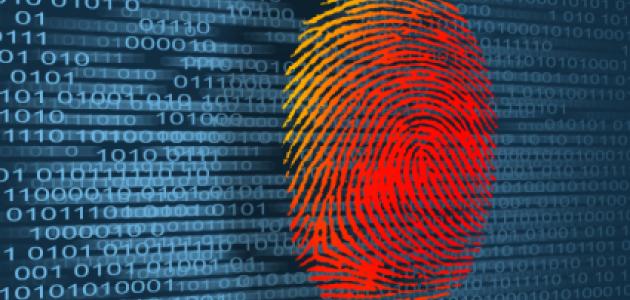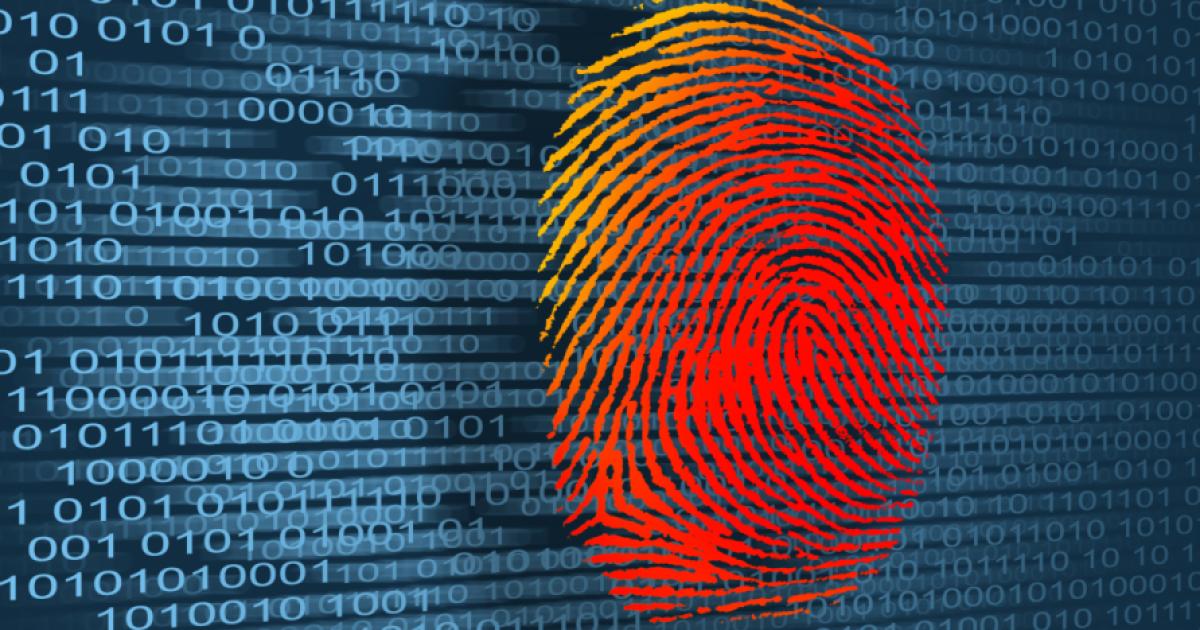- Security & Defense
- US Defense
- Law & Policy
- Cyber Security
In June 2013, when he began leaking thousands of classified documents — from among hundreds of thousands that he had stolen — about America's global surveillance programs, Edward Snowden, a former employee of the National Security Agency, confirmed the arrival of the cyber era. While the details in the documents could be riveting, no informed person could have been surprised by what they showed about the outlines and extent of America's efforts to gain intelligence through exploitation of digital technologies.
At the same time, no thoughtful person who contemplated the Snowden revelations could have failed to surmise that even as our capacity to monitor others has greatly improved, so too have our vulnerabilities grown. Our energy grids, telecommunications networks, financial institutions, transportation systems and, not least, our national security apparatus all crucially depend on the free flow of information across the Internet and the security of our websites and computers. At the same time our adversaries are assiduously refining their ability to monitor, disrupt, seize information from, and destroy our Internet-based capabilities. Always a dangerous place, the world has become in the cyber era a more dangerous place still.
The essays contributed by the members of Hoover's Task Force on National Security and Law to this edition of The Briefing examine the complexities of cybersecurity, broadly conceived, in the post-Snowden era. They highlight its emergence as one of the nation's most pressing national security challenges.
Berkowitz's piece is the first in a series of nine essays to be published over the next week and a half. Return to the Briefing daily for new insights from Benjamin Wittes, Tod Lindbergh, Kenneth Anderson, Jack Goldsmith, Ruth Wedgwood, Matthew Waxman, Shavit Matias, and Philip Bobbit focusing on the complexities of cybersecurity.
Peter Berkowitz chairs the Task Force on National Security and Law and is the Tad and Dianne Taube Senior Fellow at the Hoover Institution, Stanford University. His writings are posted at www.PeterBerkowitz.com and he can be followed on Twitter @BerkowitzPeter.















